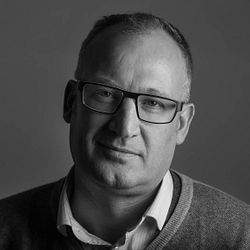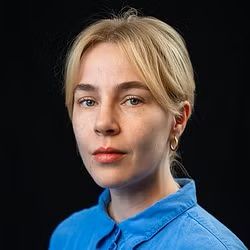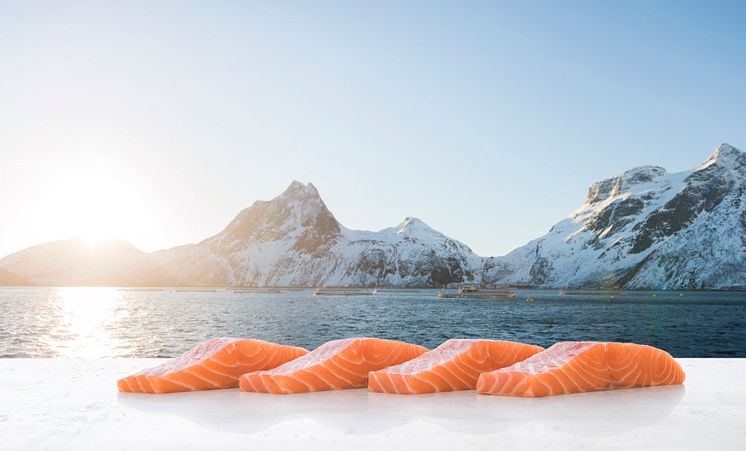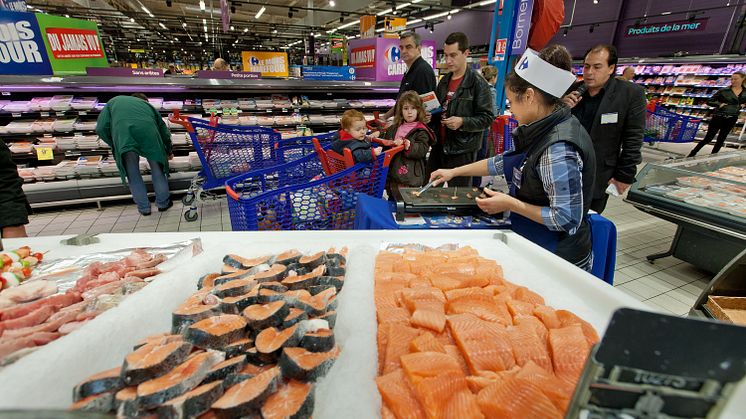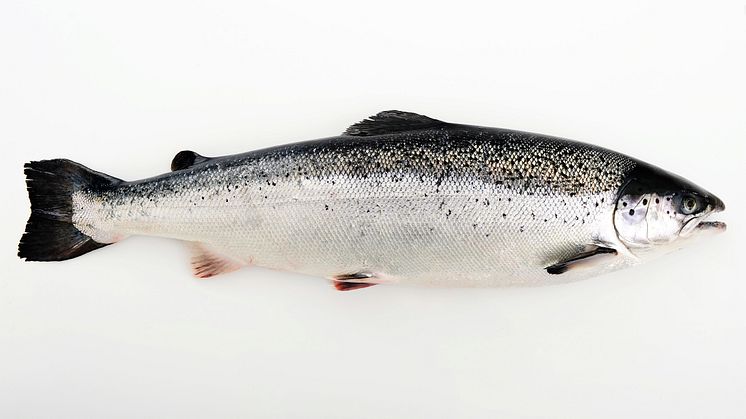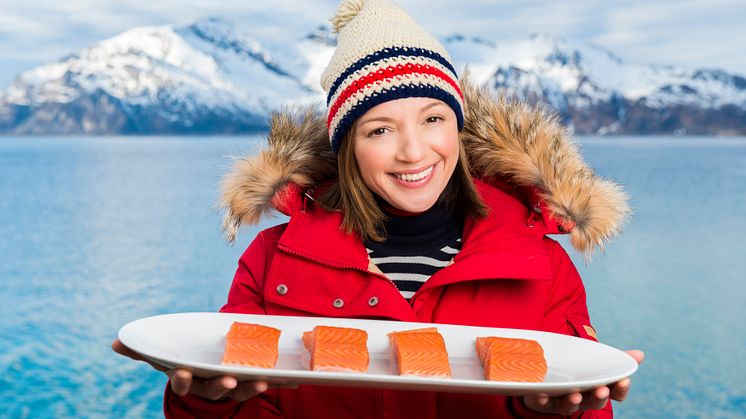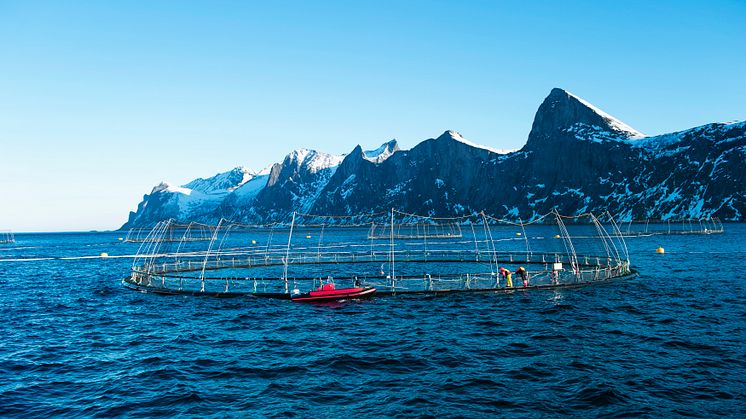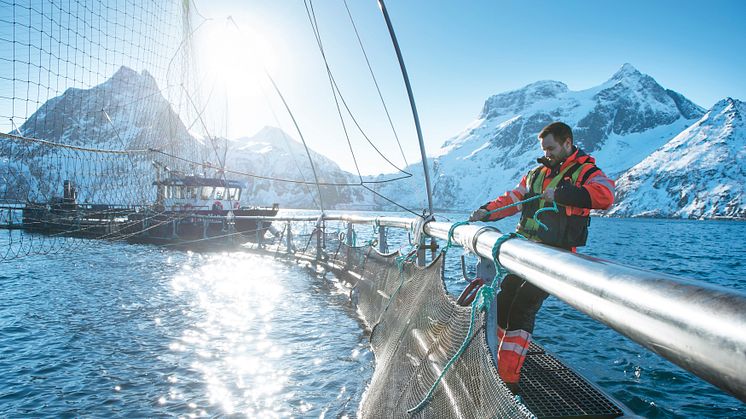
Press release -
Norwegian salmon ranked most sustainable among world’s largest protein producers
Norwegian aquaculture companies hold 4 out of the top 10 spots in the 2019 Coller FAIRR Protein Index, ranking 60 of the world’s largest publicly-listed protein producers on how they perform on sustainability.
The Index looked at how the world’s largest producers of meat, dairy and seafood performs on various risk factors relating to sustainability. The world’s largest salmon producer, MOWI, is ranked number one in this year’s index, closely followed by Lerøy in 3rd, who was ranked number one in 2018. With Grieg Seafood in 6th place and Salmar in 9th , all the Norwegian salmon producers on the list are among the top 10.
- The results leave little doubt that Norwegian aquaculture is among the most sustainable food production there is. Eating more seafood is a good way to reduce our climate emissions, and Norwegian salmon companies are leading the way in sustainable protein production, says Renate Larsen, Managing Director of the Norwegian Seafood Council.
Consumers want to know where their food comes from
- We know consumers increasingly want to know where their food comes from, and this report clearly show that Norwegian salmon is a good choice for conscious consumers, says Larsen.
The index ranks companies based on their disclosure and management of material, environmental and social risks and is the world’s only benchmark dedicated to profiling animal protein producers and showcasing critical gaps and areas of best practice. The main purpose of the report is to enable and support well-informed investment decisions in the protein sector.
In the report the Norwegian aquaculture companies perform well against most risk factors, which includes food safety, waste and pollution, working conditions, fresh water use, antibiotics, animal welfare, greenhouse gas emission and deforestation and biodiversity loss.
- Norwegian aquaculture is particularly highlighted as best practice when it comes to antibiotics use and fish welfare. This index highlights how important it is for large food producers to show transparency and continuous efforts to improve and document their sustainability credentials, says Larsen.
Topics
Categories
The Norwegian Seafood Council works with the Norwegian fisheries and aquaculture industries to develop markets for Norwegian seafood through local market intelligence, market development and reputational risk management. The Seafood Council is headquartered in Tromsø and maintains local representatives in twelve of Norway's most important international markets. The Norwegian seafood industry finances the activities of the Norwegian Seafood Council via a tariff on all Norwegian seafood exports.
The Norwegian Seafood Council is a public company owned by the Ministry of Trade, Industry and Fisheries.


